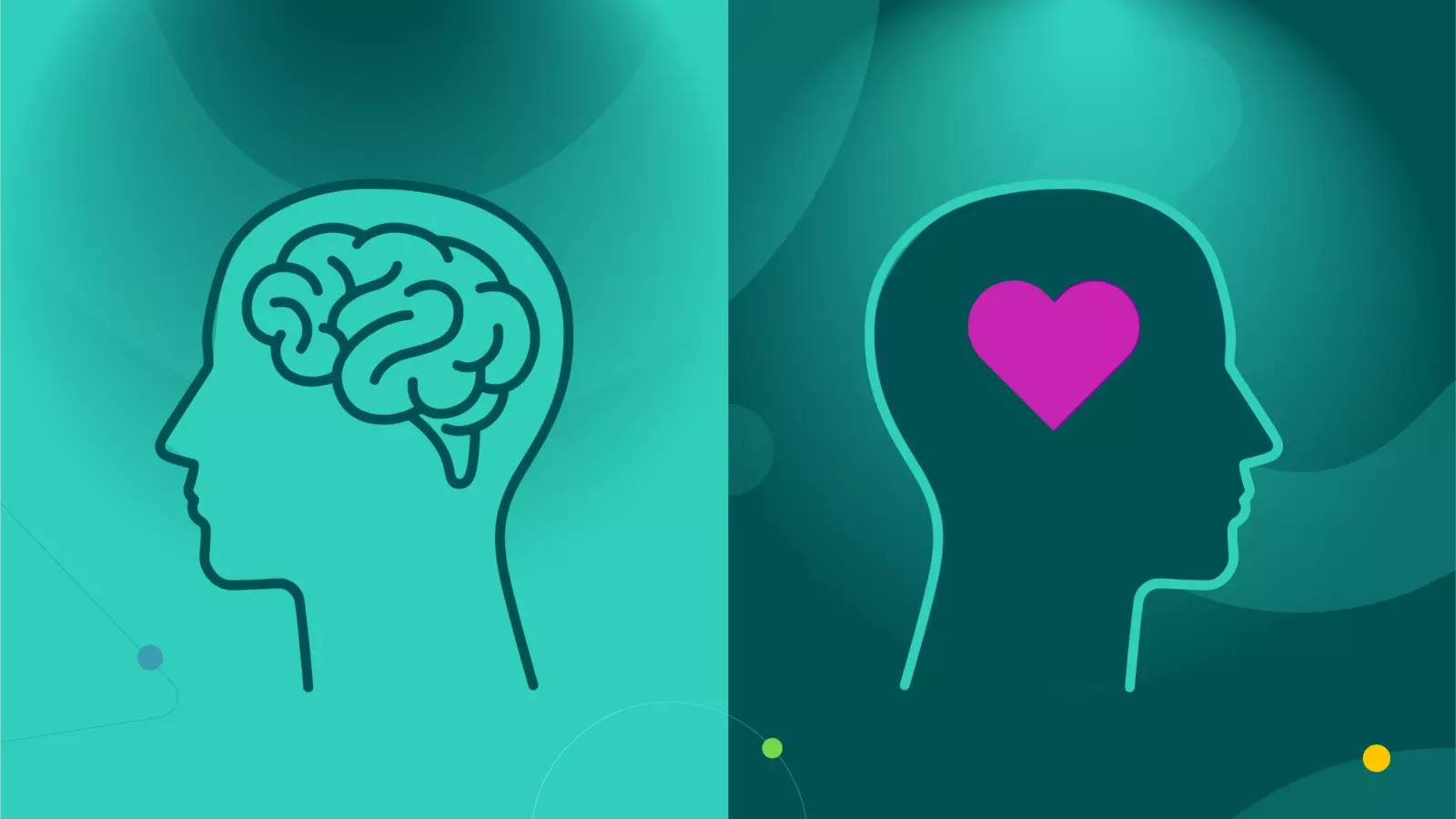All great changes are hard to see at their beginnings. Consider the volume of books printed in the 15th to the 18th century. Could anyone alive in 1440 have known what was coming in the next 300 years? Especially the second order effects: the revolutions, technologies, and art that would ripple outward. Closer to our own time, remember the future of computers? I think we comfortably exceeded the goal of shrinking them to the size of a compact sedan by 1987. On the topic of cars, even the luxury automobile brand Lamborghini started with humble origins as a tractor company (more on that later).
We might be at the beginning of one of those great changes—particularly in the workplace. Interpersonal skills have become more valuable and more common. More people are working in teams, and managers are more often being held accountable for their team’s mental health not just outputs. At the same time, there is emerging technology built for understanding people: graph databases to capture relationships, machines able to understand people and think more like people, and artificial intelligence that is increasingly sophisticated. A generation of tools is growing around our emotional lives, just as the last generation grew around the physical. What we’re seeing today might be Johannes Gutenberg’s printing press of the 1450s, or the textile spinning jenny of the 1770s: early indicators of long-term change.
Great changes are not just hard to see, they’re hard to do. Using today’s “tools of empathy” can sometimes feel like starting a Model-T car from 100 years ago (consider the coordination: cranking the lever, literally running and jumping into the car to adjust the choke, inserting the key and so on). So, what might change at this scale look like in this new era of empathy?
The empathetic workplace
Unless you’re the writers of Robocop, predicting the future is impossible. However, we can look at past examples and try to derive some principles that might help predict how empathy could revolutionize the workplace:
- Unlock a previously unused resource. A society built on “the bad smelling ooze that bubbles out of the ground” would sound as strange to a Renaissance banker as building one “based on feelings” sounds to an investor today. Before the 19th century, petroleum was used in the west as a topical treatment for dandruff. Consider that building an empathetic workplace might be the untapped resource of the future.
- The tools get better. Our tools for empathy are still in their “hand crank to start” phase. We know from history, they will get better. Better tools, better supply chains, and whole ecosystems supporting those tools. Much like auto manufacturing went from individual craftspeople working in sheds to whole cities of specialized people and firms building cars.
- Exponential scale. My grandparents rode horses to school and wore homemade clothes. We have so much more stuff and so much more information compared to 100 years ago, let alone 500. We have these things because of what happened in printing, energy production, and manufacturing (revolutions that completely changed the world). This is the difference between lasting change and a temporary trend.
- Post-pandemic changes. It’s impossible to say for certain if there is a correlation between pandemic and progress. Some sources say yes others are mixed. It does seem that “the rules” enter a state of fluidity after major events like a pandemic, sometimes leading to great upheavals that are only visible several generations later.
Putting it into practice:
- We start with a resource being used in a new way, such as: more inclusive and equitable hiring practices.
- People start using that resource in simple ways. Better tools create better tools: HR technology allows us to measure and improve diversity, equity, inclusion, and belonging in an organization.
- More useful tools create more demand for those tools, which leads to more resources to make more tools. The flywheel of exponential change spins faster and faster: Organizations come to expect listening tools, recommendations, and sentiment analysis. These tools become the baseline for an improved next generation plus new innovations.
- Combine all this with a moment of social fluidity due to disruption that opens the way for a new way of living: Workplaces that embrace a greater purpose have higher employee engagement, are more resilient, and are finding greater success.
Repeat this in enough organizations over enough times and a PhD candidate will look back and label it a revolution.
It takes pioneers to make change happen
It all sounds cut and dry, right? Let’s just pencil in our empathy revolution for the next quarter. Obviously not. Even assuming we are living in the early days of something big, progress is not automatic. Our organizations operate a certain way; there are different assumptions about how people work. It takes strength as a leader to ask an organization to take empathy and people’s relationships as seriously as they do physical assets and cashflow. It takes strength as an innovator to build or champion tools whose value doesn’t immediately show on the factory floor or the profit and loss statement. It takes strength as an individual to do work others might see as a “waste of time.”
Which brings us back to Lamborghini. Do you know how Lamborghini came to be more than a tractor company? Legend says that manufacturing magnate Ferruccio Lamborghini complained to the notoriously tetchy Enzo Ferrari about his car breaking down all the time. Ferrari told Lamborghini that he was “just a tractor driver” and should mind his own business. Incensed, Lamborghini vowed to produce a better sports car. Thus, the Automobili Lamborghini was born.
It’s just one example of empathy—or in this case a “lack of”—changing the world.



